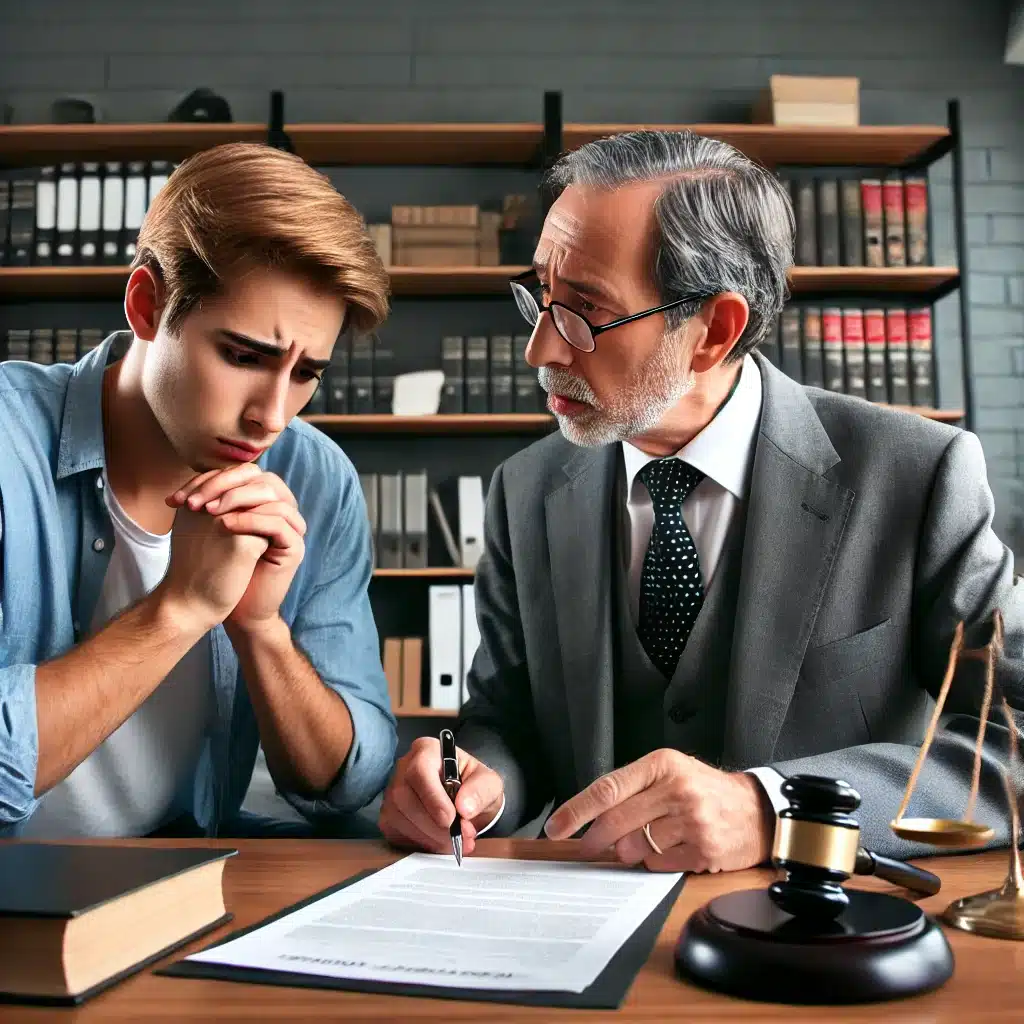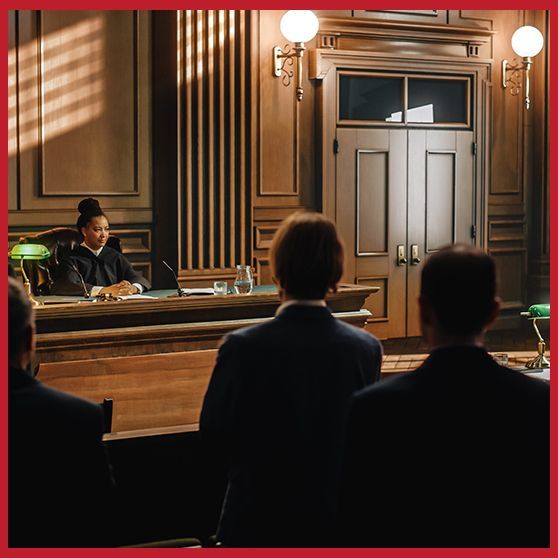Attorney's Recommendations on Habeas Corpus and Your Lawful Securities
Attorney's Recommendations on Habeas Corpus and Your Lawful Securities
Blog Article
Recognizing the Function of a Post-Conviction Lawyer in Seeking Justice After a Criminal Sentence
In the complicated landscape of post-conviction lawful procedures, the duty of a post-conviction lawyer is crucial in navigating the course to justice after a criminal conviction. Beyond the confines of a test, these lawyers participate in a diverse strategy focused on revealing brand-new proof, difficult lawful errors, and promoting for their clients' legal rights. The complexities of post-conviction work require a mix of lawful acumen, investigatory abilities, and strategic thinking to unwind the intricacies of a situation and go after methods that may have been neglected or underexplored. As the pursuit of justice prolongs past the confines of initial procedures, the duty of a post-conviction attorney arises as a beacon of hope for those seeking to remedy oppressions and reclaim their rights within the legal system.
Post-Conviction Lawyer's Investigative Job
Post-conviction attorneys participate in thorough investigative job to discover new proof, step-by-step mistakes, or misconduct that could possibly lead to rescinding a conviction. This investigative stage is critical in the post-conviction process as it aims to identify any neglected information or lawful mistakes that may have impacted the result of the initial test. Post-conviction lawyers look into instance documents, witness testimonies, and legal documents with a fine-tooth comb, looking for any discrepancies or irregularities that might be grounds for allure.
With extensive investigation, post-conviction legal representatives intend to lose light on prospective oppressions that may have happened throughout the initial trial. By inspecting every element of the legal process, post-conviction lawyers function tirelessly to uncover any type of factors that may have affected the decision.
Crafting Appeals and Petitions
In the quest of justice after a conviction, knowledgeable legal representatives carefully craft allures and requests to existing compelling debates for the reconsideration of legal decisions. Crafting charms and requests needs a deep understanding of the legal system, interest to information, and critical thinking. Post-conviction legal representatives assess trial documents, identify possible mistakes or offenses of rights, and develop legal arguments to test the conviction or sentence.
When crafting an allure, attorneys concentrate on highlighting lawful errors that may have affected the outcome of the case. They investigate case legislation, laws, and lawful criteria to support their arguments. Requests, on the other hand, may include offering new proof that was not offered during the test or demonstrating changes in the law that necessitate a review of the conviction.
Additionally, post-conviction legal representatives should comply with stringent step-by-step rules and deadlines when filing charms and requests. They must provide their arguments clearly and persuasively to convince the court to approve alleviation to their clients. With thorough crafting of allures and requests, post-conviction lawyers make every effort to protect justice for individuals that have actually been wrongfully convicted or unfairly sentenced.

Going After Post-Conviction Relief
Post-conviction alleviation incorporates a variety of legal mechanisms made to test the credibility of a conviction or sentence. Post-conviction lawyers play a crucial role in navigating these complex treatments, ensuring that all lawful options are checked out to rectify injustices that may have taken place during the test or sentencing phase.
One typical type of post-conviction alleviation is filing an application for post-conviction alleviation, usually based on insurance claims of inadequate help of advise, prosecutorial misconduct, recently discovered proof, or constitutional violations. Experienced post-conviction attorneys possess the abilities and expertise required to identify practical legal cases, perform investigations, and present compelling disagreements to secure relief for their clients.
Using Forensic Evidence
When testing a conviction or sentence, the critical usage of forensic proof can be an effective tool in post-conviction legal process. Forensic evidence includes a large range of scientific strategies used to explore criminal activities and establish facts in court. Post-conviction legal representatives can leverage forensic evidence to test the credibility of sentences by presenting new scientific searchings for that were not readily available throughout the original trial.

Taking Part In Sentence Modifications
Post-conviction attorneys might discover the possibility of sentence modifications as a lawful avenue to deal with out of proportion or unfair sentences handed down in criminal cases. Sentence adjustments include looking for changes to the regards to a defendant's sentence after a conviction has taken place. These adjustments can include reducing the length of a sentence, altering the type of penalty enforced, or exploring different sentencing alternatives.
Post-conviction legal representatives can go after sentence alterations with various legal systems, such as submitting activities for sentence reduction, appealing for compassionate launch, or discussing appeal offers for decreased sentences. They must very carefully examine the situations of the instance, evaluate the lawful grounds for looking for an alteration, and present engaging arguments to the court sustaining the requirement for a modified sentence.
Engaging in sentence modifications requires a detailed understanding of criminal regulation, punishing guidelines, and the certain treatments associated with looking for post-conviction alleviation. Post-conviction lawyers play an essential role in advocating additional resources for fair and simply outcomes by difficult sentences that are unduly severe or do not line up with the concepts of justice.
Conclusion
In final thought, the function of a post-conviction legal representative is important in looking for justice after a criminal conviction. Via investigative job, crafting allures and petitions, seeking post-conviction alleviation, making use of forensic proof, and taking part in sentence adjustments, these attorneys play an important role in advocating for their customers and ensuring that their legal rights are supported within the criminal justice system. Their commitment and expertise are essential in navigating the intricacies of post-conviction proceedings and achieving a reasonable result for individuals encountering criminal sentences.
Report this page